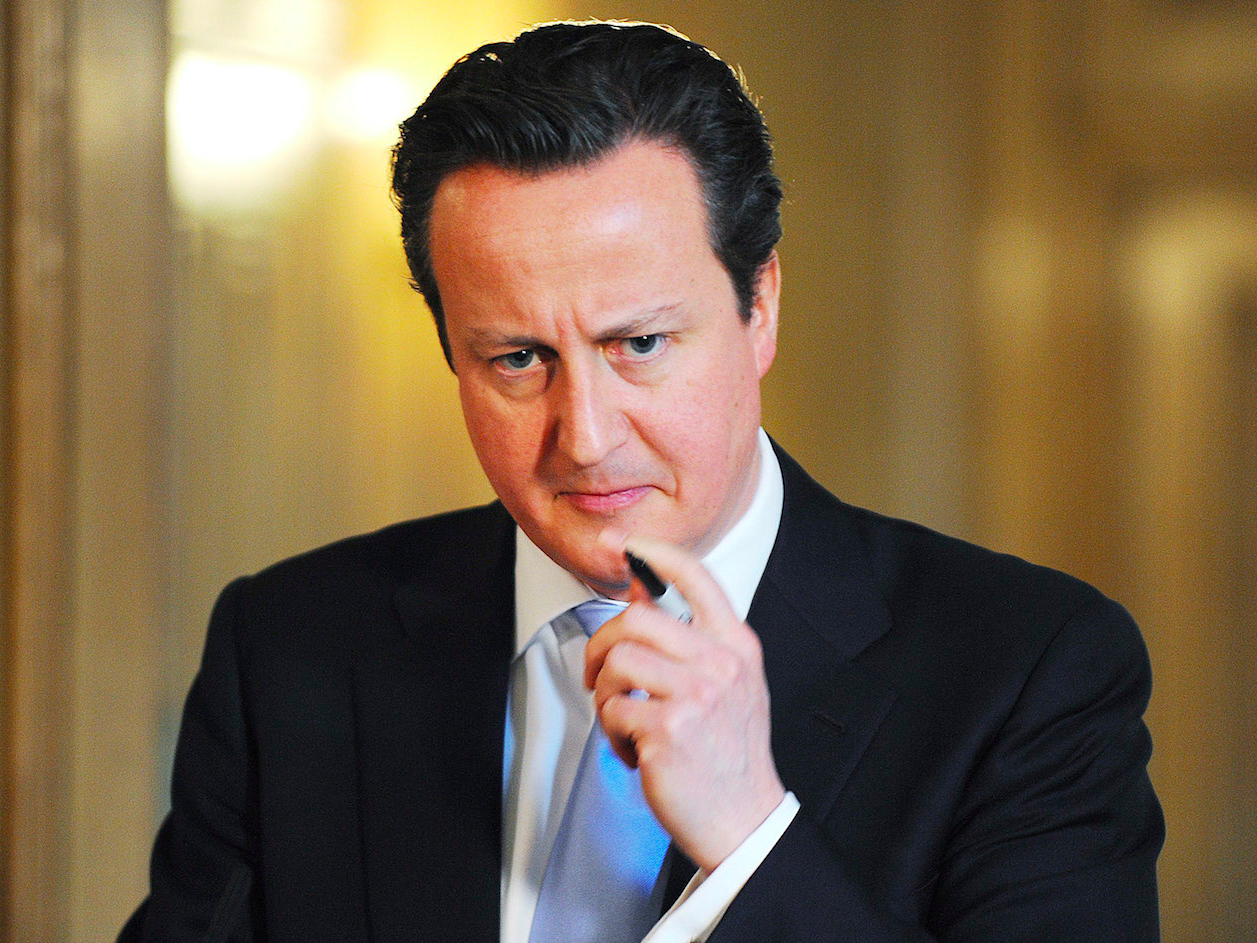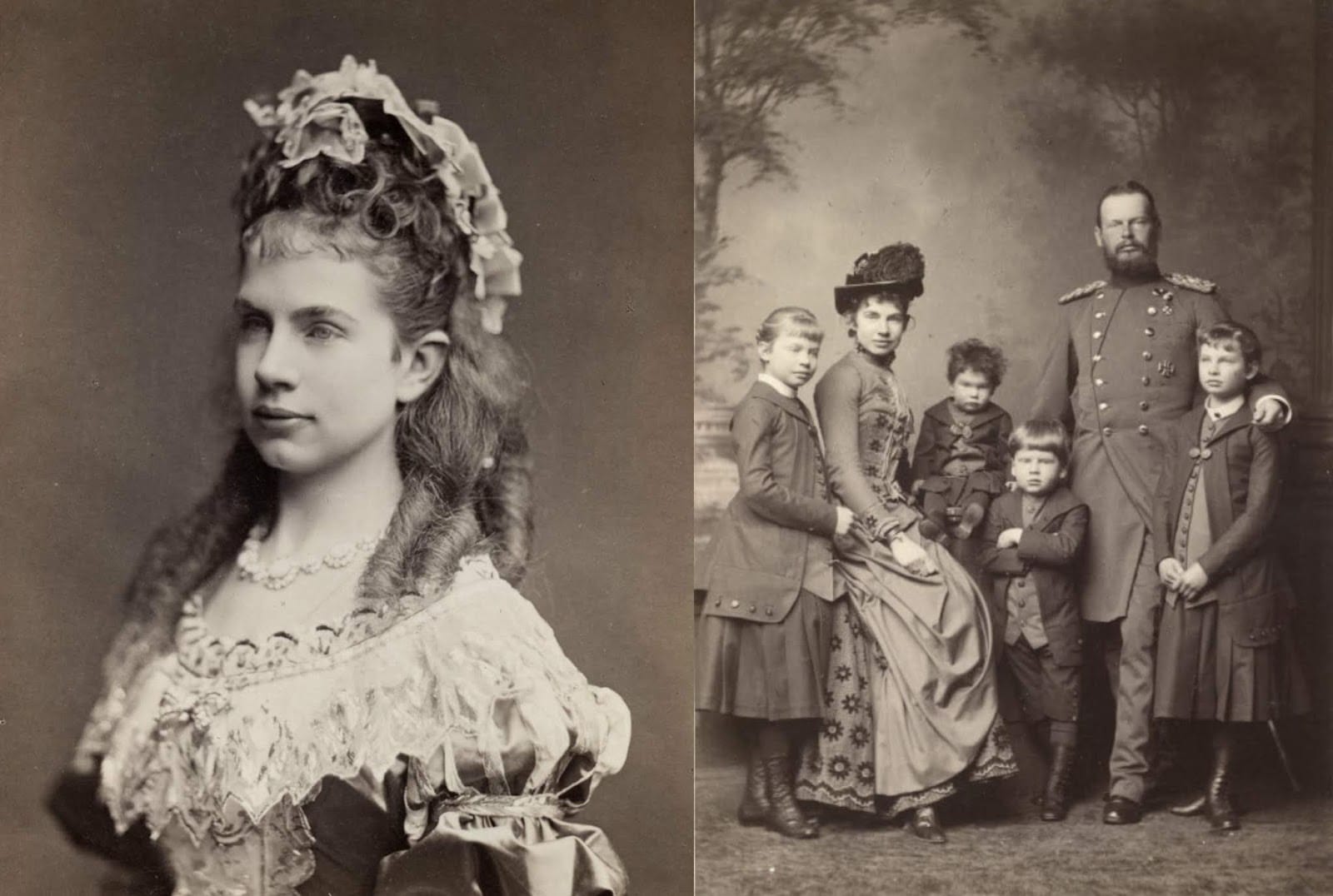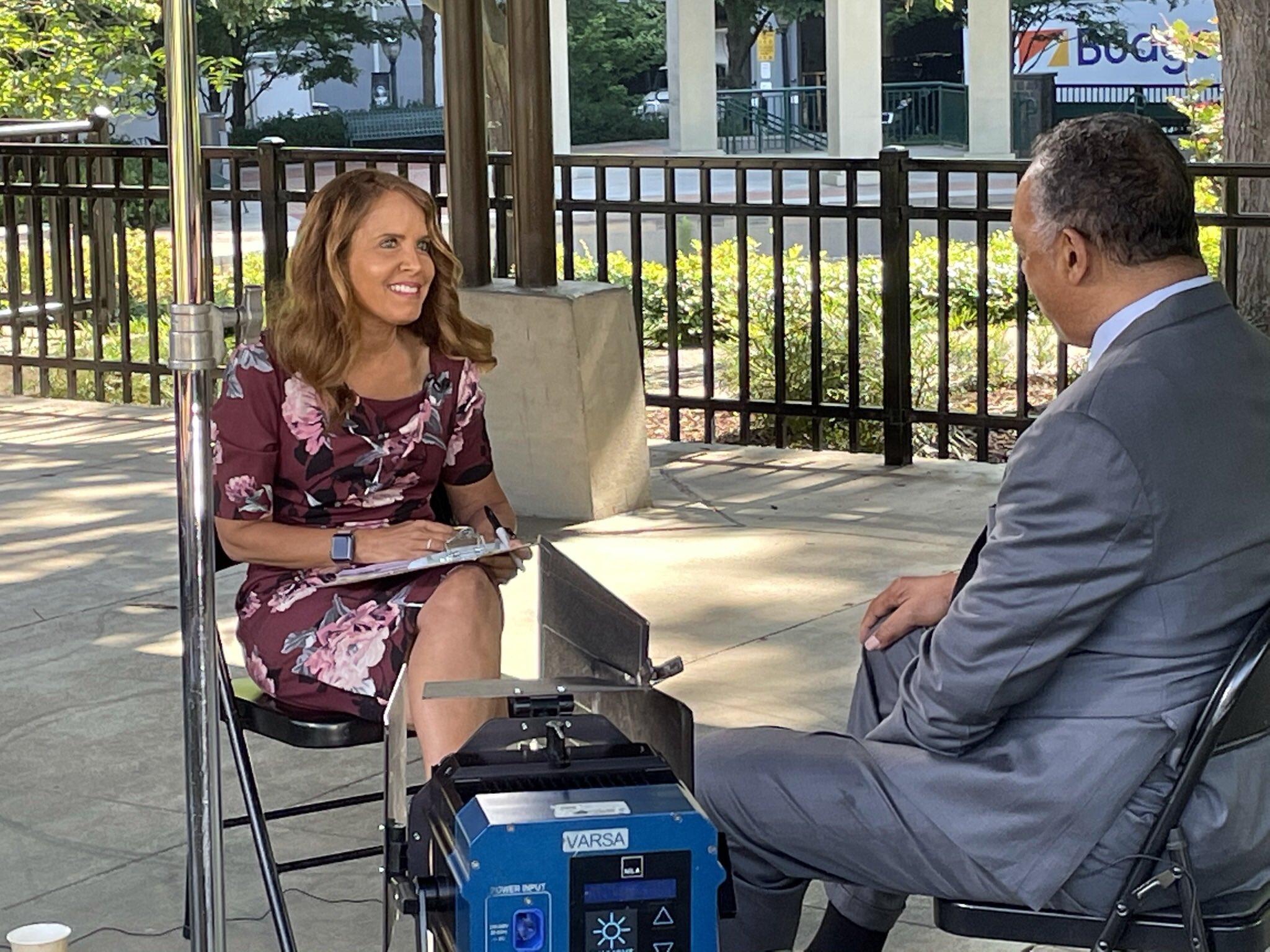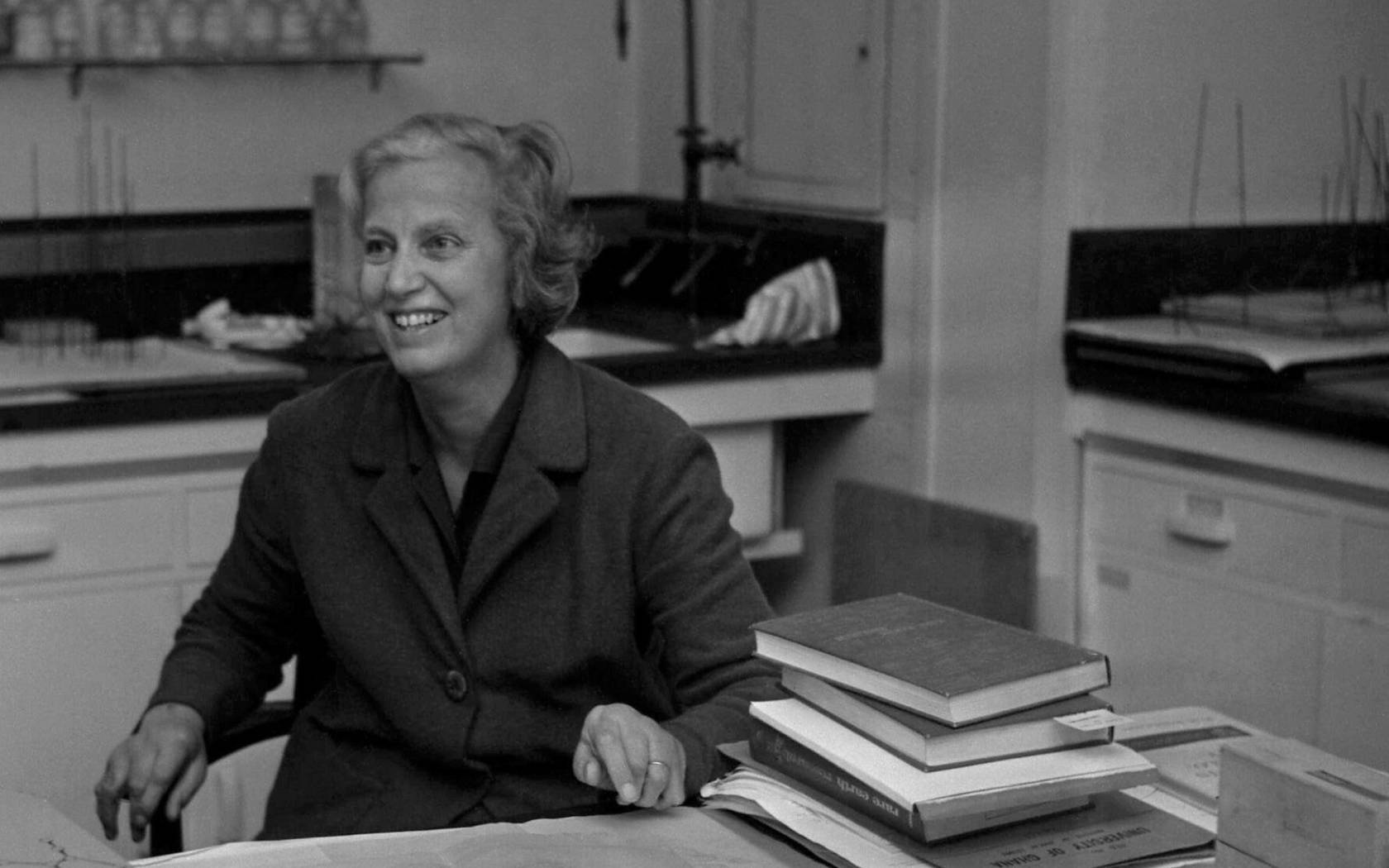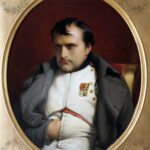David Cameron’s trajectory, from Eton College to 10 Downing Street and beyond, remains a subject of intense scrutiny. This article offers a comprehensive examination of his life, career, and the complex legacy he leaves behind, particularly in the context of Brexit and his recent return to public life.
Early Life and Ascent to Power
Born in London in 1966, David Cameron’s privileged upbringing at Eton College and Oxford University laid the groundwork for his political career. After honing his political skills at the Conservative Research Department, he entered Parliament in 2001 as the MP for Witney. His rapid rise through the Conservative ranks culminated in his election as party leader in 2005, positioning him for the premiership just five years later. [https://www.lolaapp.com/christina-erika-carandini-lee]
The Coalition Years and Austerity
The 2010 general election resulted in a hung parliament, leading Cameron to form a coalition government with the Liberal Democrats. This unprecedented partnership in modern British politics was largely defined by austerity measures enacted in response to the 2008 financial crisis. These measures, while arguably necessary, sparked widespread debate and criticism regarding their impact on vulnerable populations. Concurrently, Cameron navigated complex foreign policy challenges, including the intervention in Libya and the Scottish independence referendum.
2015 Victory and the Brexit Gamble
Cameron’s surprise majority victory in the 2015 general election appeared to solidify his political dominance. However, his decision to hold the Brexit referendum proved a fateful gamble. The unexpected “Leave” vote triggered a political earthquake, ultimately leading to his resignation and setting the stage for years of political and economic uncertainty.
Post-Premiership: A Return to Public Life?
Following his resignation, Cameron maintained a relatively low profile before his surprising appointment as Foreign Secretary under Rishi Sunak in November 2023. This return, accompanied by his elevation to the House of Lords, was met with mixed reactions, given his close association with the divisive Brexit referendum. Adding to the intrigue, his brief time in office concluded with the Conservative Party’s defeat in the 2024 general election. His subsequent vocal support for an assisted dying bill further fueled public discussion and highlighted a notable shift in his political stance.
Assessing the Cameron Legacy
David Cameron’s legacy remains intricately tied to Brexit, a decision that continues to shape the UK’s political and economic landscape. While some may view him as a pragmatic leader who steered the country through challenging economic times, others argue that his miscalculations on Brexit irrevocably altered the nation’s trajectory. His later advocacy for assisted dying, a stark contrast to his earlier views, adds another layer of complexity to his political narrative. His legacy is likely to remain a subject of debate and analysis for years to come.
David Cameron’s Unexpected Return and Departure
The political landscape shifted dramatically in November 2023 with David Cameron’s unexpected appointment as Foreign Secretary under Rishi Sunak. This marked a significant return to public life following his resignation in 2016 after the Brexit referendum. Replacing James Cleverly, Cameron’s appointment, coupled with his swift elevation to the House of Lords, ignited a firestorm of opinions. While some lauded his experience, others questioned the wisdom of entrusting such a crucial role to the architect of the very referendum that had plunged the nation into political turmoil.
This comeback, however, proved short-lived. His tenure as Foreign Secretary ended with the Conservative Party’s loss in the 2024 general election. While his time in government was brief, his presence undeniably revitalized the debate surrounding his political legacy.
The Youngest Prime Ministers in UK History
The discussion of David Cameron’s political career naturally invites comparisons with other Prime Ministers, particularly regarding age at appointment. While Cameron briefly held the record for the youngest Prime Minister since 1812 upon taking office at 43, he was soon surpassed by Rishi Sunak, who became Prime Minister at 42 in 2022. The historical context provided by William Pitt the Younger, who became Prime Minister at the astonishing age of 24 in 1783, further highlights the variability in age among British leaders. This raises questions about the optimal balance of youth and experience in leadership, and whether the trend towards younger Prime Ministers will continue.
| Prime Minister | Age at Appointment | Year Appointed |
|---|---|---|
| William Pitt the Younger | 24 | 1783 |
| Robert Jenkinson | 42 | 1812 |
| Rishi Sunak | 42 | 2022 |
| Tony Blair | 43 | 1997 |
| David Cameron | 43 | 2010 |
David Cameron’s Peerage: A Continued Presence in British Politics
Despite leaving his position as Foreign Secretary in 2024, David Cameron retains his life peerage as Baron Cameron of Chipping Norton, securing his place in the House of Lords. This lifetime appointment allows him to continue participating in British political life, albeit from a different vantage point. The House of Lords, with its unique composition of appointed members, provides a platform for experienced individuals to contribute their expertise. However, its unelected nature also raises questions about democratic accountability and the influence wielded by its members. How Cameron will utilize this platform remains to be seen, but his presence adds another dimension to his already complex and evolving political story.
- HelpCare Plus: Revolutionizing Affordable and Accessible Healthcare - December 29, 2024
- Boom & Bucket: Your Digital Marketplace for Used Heavy Equipment - December 28, 2024
- Ankle Bones Crossword Clue: Solutions, Tips & Anatomical Insights - December 28, 2024
